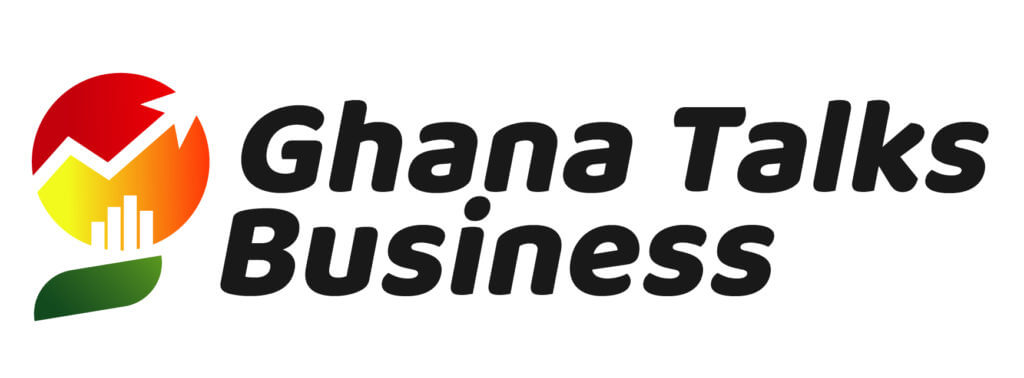Pursuant to the Labour Act, 2003 (Act 651) section 113 (1) (a), the National Tripartite Committee (NTC) has set the 2021 National Daily Minimum Wage at GHc12.53, representing a 6% increase from the GHC11.82 that took effect on January 1, 2020.
The increment is expected to take effect from today, June 4 and according to NTC all organizations must take heed to the new development and adjust their wages accordingly.
The National Tripartite Committee (NTC) also concluded negotiations on the 2022 National Daily Minimum Wage, which is pegged at GHc13.53. The impact of COVID-19 on business sustainability, cost of living and the desire to attain high levels of employment were the factors that influenced the determination of the new wage.
The Statement is Below:
“In line with Section 113 (1) (a) of the Labour Act, 2003 (Act 651), the National Tripartite Committee (NTC) concluded negotiations on the determination of the National Daily Minimum Wage (NDMW) in respect of 2021 and 2022 at its meeting held on Thursday, 3rd June 2021 in Accra.
The Committee agreed as follows:
1. That the 2021 NDMW is GH¢12.53 which is six percent (6%) over the 2020 figure of GH¢11.82
2. That the 2022 NDMW is GH¢13.53 which is eight percent (8%) over the 2021 figure of GH¢12.53.
The effective date for the implementation of the 2022 NDMW shall be 1st January 2022.
In determining the new rates, the NTC took into account the impact of the Coronavirus (COVID-19) pandemic on the national economy, cost of living, sustainability of businesses and desirability of attaining a high level of employment.
All establishments, institutions or organizations that flout the new rate shall be sanctioned in accordance with the law.
The NTC recommends that the NDMW should be tax-exempt,” a communiqué following the negotiations stated.
What this means for Businesses & Workers
According to the International Labour Organization, the minimum wage is defined as “the minimum amount of remuneration that an employer is required to pay wage earners for the work performed during a given period. This cannot be reduced by collective agreement or an individual contract.” This means that when a minimum wage is set, it is legally binding, as such, no employer has the right to pay wage earners below the set amount, which is GH¢12.53 in the case of Ghana.
If you are a business owner, you must adjust your wages to reflect the new minimum wage. This may exert pressure on businesses that are slowly recovering from the devastating effects of the pandemic. Some employers may even have to borrow to take care of the wage bill. Carefully assess your ability to repay such a loan, if you’re making such consideration.
The minimum wage is set to protect Ghanaian workers against unduly low pay and ensure there’s equitable distribution of resources. Also, with the rise in the wage rate, workers standard of living is also improved as they will be able to afford basic living necessities.
However, workers may not enjoy these benefits across the board because of the persistent hikes in fuel prices, transport fares and food prices. The eventual net effect may be negligible or nil.
ALSO READ: Public transport fares to go up by 13% from Saturday, June 5






